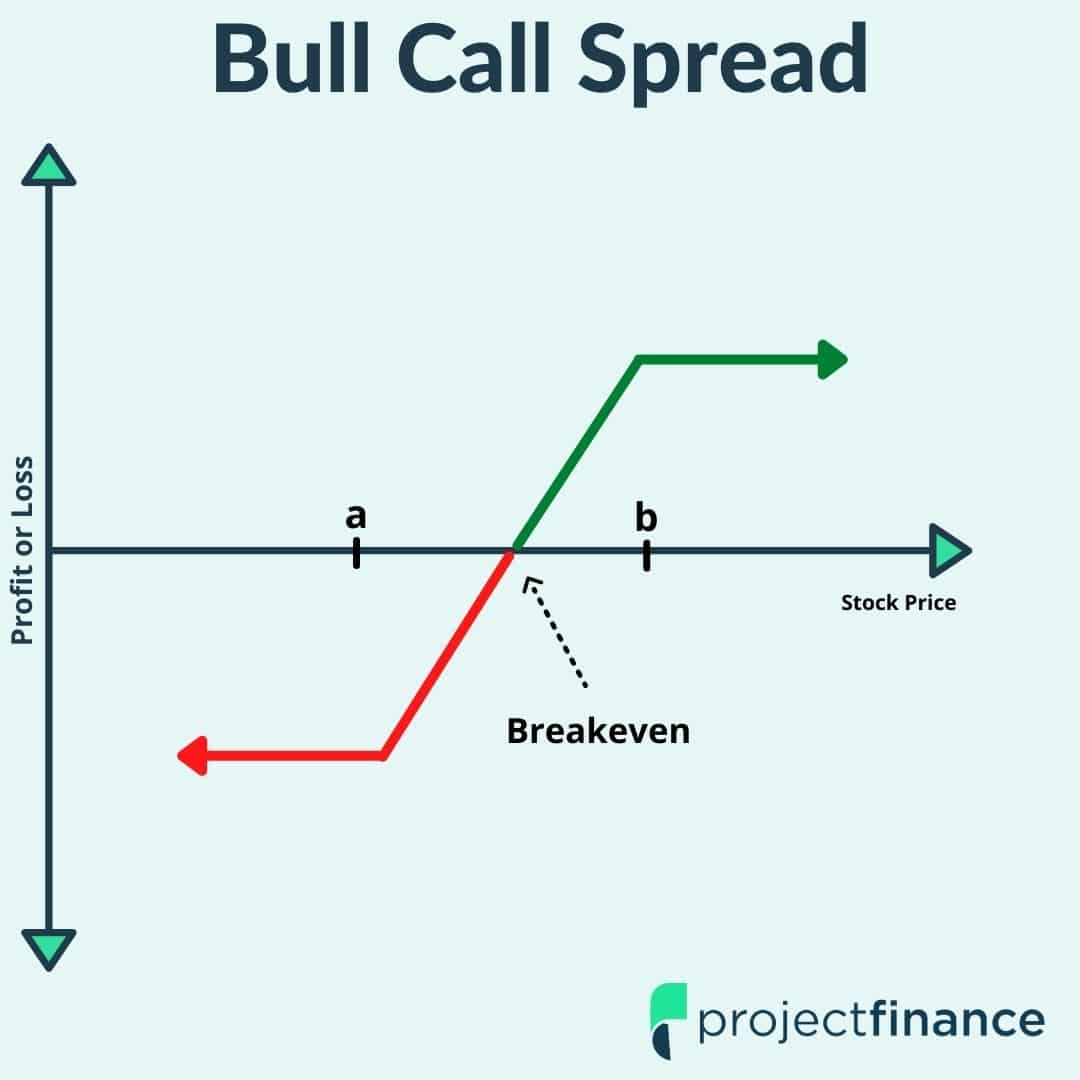Trading in Currency: The Spread’s All-Important Role

Image: www.projectfinance.com
The world of forex trading, or currency trading, is a fast-paced and exhilarating arena where traders buy and sell currencies in pursuit of profit. While the potential rewards are enticing, it’s crucial to understand the nuances of this complex market, including the concept of spread.
Spread, simply put, is the difference between the bid price and the ask price of a currency pair. The bid price is the amount you can sell a currency at, while the ask price is the amount you can buy it at. The spread, therefore, represents the broker’s commission for facilitating your trade.
Understanding the spread is essential because it directly impacts your trading costs. A wider spread means higher trading costs, while a narrower spread signifies lower costs. Hence, traders seek brokers who offer competitive spreads to maximize their profitability.
The spread can vary depending on several factors:
-
Currency Pair: Major currency pairs, such as EUR/USD and USD/JPY, tend to have tighter spreads due to their higher liquidity. Exotic currency pairs, which involve less commonly traded currencies, often carry wider spreads.
-
Market Conditions: Spreads can fluctuate based on market volatility. During volatile times, such as during major news releases or economic events, spreads may widen as liquidity temporarily decreases.
-
Broker’s Fees: Different brokers charge varying spreads as part of their fee structure. It’s essential to research and compare spreads offered by different brokers to select the one that best suits your trading strategy and risk tolerance.
Now, let’s delve into some practical tips to help you navigate the spread effectively:
-
Choose a Reputable Broker: Opt for brokers with a proven track record, competitive spreads, and transparent fee structures.
-
Trade during Liquid Hours: As mentioned earlier, liquidity impacts spread. Aim to trade during peak trading hours, such as when major markets overlap, to benefit from tighter spreads.
-
Consider the Overall Cost: Don’t solely focus on the spread; take into account the broker’s other fees and commissions to assess the overall trading costs.
-
Negotiate with Your Broker: Some brokers may be willing to negotiate spreads, especially for high-volume traders. It’s worth reaching out to your broker to explore potential concessions.
Spread is an intrinsic component of currency trading, affecting your profitability and overall trading experience. By understanding the spread, comparing broker fees, and employing effective strategies, you can navigate this pivotal market mechanism and enhance your trading outcomes.
![Spread Trading: Operar de manera inteligente [Guía Práctica]](https://www.bolsawiki.com/wp-content/uploads/2022/09/Que-es-el-Spread-Trading.png)
Image: www.bolsawiki.com
Spread In Currency Trading






